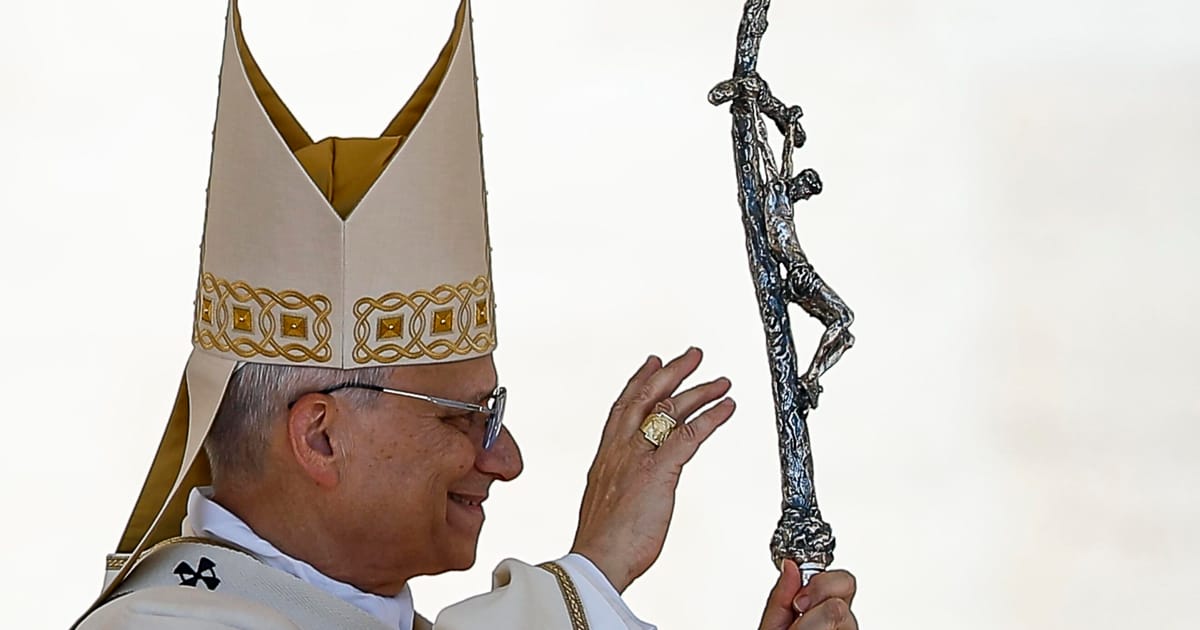

In a world striving for inclusivity and peace, recent developments across diverse spheres offer a glimmer of hope and dialogue. From spiritual journeys in Vatican City to diplomatic discussions in New York, these narratives highlight efforts to bridge divides and foster understanding.
In an unprecedented move, the Vatican has opened its doors to a pilgrimage that shifts the boundaries of traditional acceptance within the Catholic Church. In what is being embraced as a hopeful step towards inclusivity, gay and transgender Catholics made a landmark visit to the Vatican, marking a poignant moment in the church’s history. This event underscores the transformative potential of Pope Francis’ leadership, marked by dialogue and understanding. Participants expressed optimism that Cardinal Leo, expected to follow the Pope, will continue this legacy of openness and inclusivity, reinforcing the Catholic Church’s commitment to embracing diversity.
Simultaneously, significant strides are being made in the complex arena of international diplomacy. At the forefront of these developments are discussions between the United States and the United Nations regarding a comprehensive reconstruction plan for Gaza. These talks aim to stabilize the region through a multifaceted approach. The proposed plan includes the establishment of a one-year technocratic government, the deployment of an international stabilisation force, disarmament of Hamas, and a strong rejection of any proposal for mass deportations of Palestinians. This inclusive approach is designed to pave the way for a future of peace and prosperity in a region long affected by conflict and unrest.
The discussions surrounding Gaza’s future are strategically timed to coincide with the upcoming UN General Assembly. This session is revealing a shift in international attitudes, with several countries, including the United Kingdom, France, Canada, Belgium, and Malta, poised to recognize Palestine as a state. Such recognition could transform the diplomatic landscape and bring new dimensions to the dialogue surrounding peace and stability in the Middle East.
Meanwhile, in Latin America, political nuances continue to unfold. Venezuelan President Nicolás Maduro has extended a hand of dialogue towards former U.S. President Donald Trump. In a statement that juxtaposes preparation for defensive measures with a call for diplomacy, Maduro emphasized the importance of peaceful resolution and cooperation. By expressing respect and inviting dialogue, he opens a path for potential reassessment and reconciliation amid ongoing tensions.
These diverse events reiterate a global trend toward dialogue over discord, inclusivity over exclusion, and peace over conflict. As the world watches these unfolding narratives, they serve as a reminder of the shared humanity that connects us all. Whether through prayer, diplomatic engagement, or political overtures, these stories underscore the enduring power of open communication and mutual respect.
As the world continues to navigate complex issues, these developments illustrate a collective yearning for peace and understanding. They remind us of the possibility that a more inclusive and harmonious future is within reach, encouraging steps toward empathy, dialogue, and reconciliation in diverse spheres of influence.
Ultimately, the harmonious tones emerging from these narratives invite us to envision a world where acceptance and mutual respect forge the path to a brighter, more united future. As these hopeful strides unfold, they hold up a mirror to the global community, reflecting the endless possibilities that arise when hearts and minds open to new beginnings.
Source: {link}
